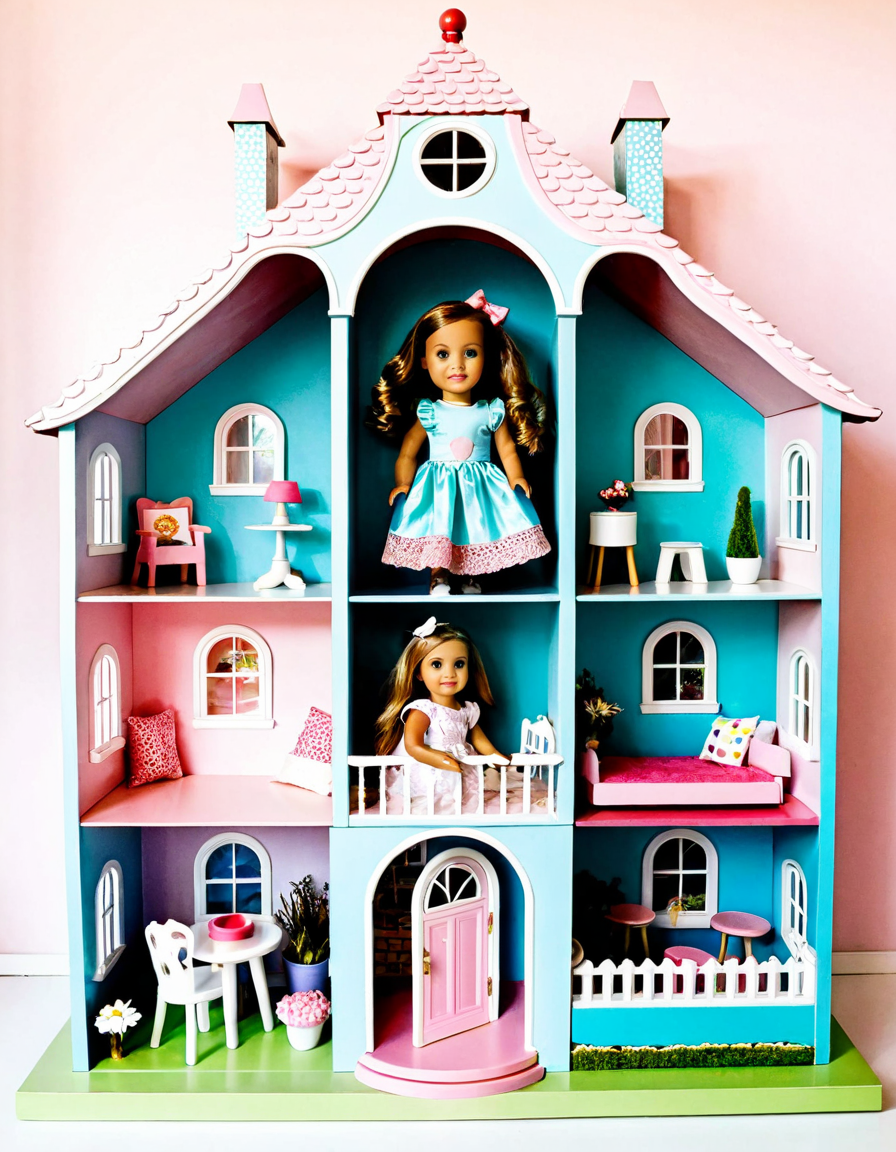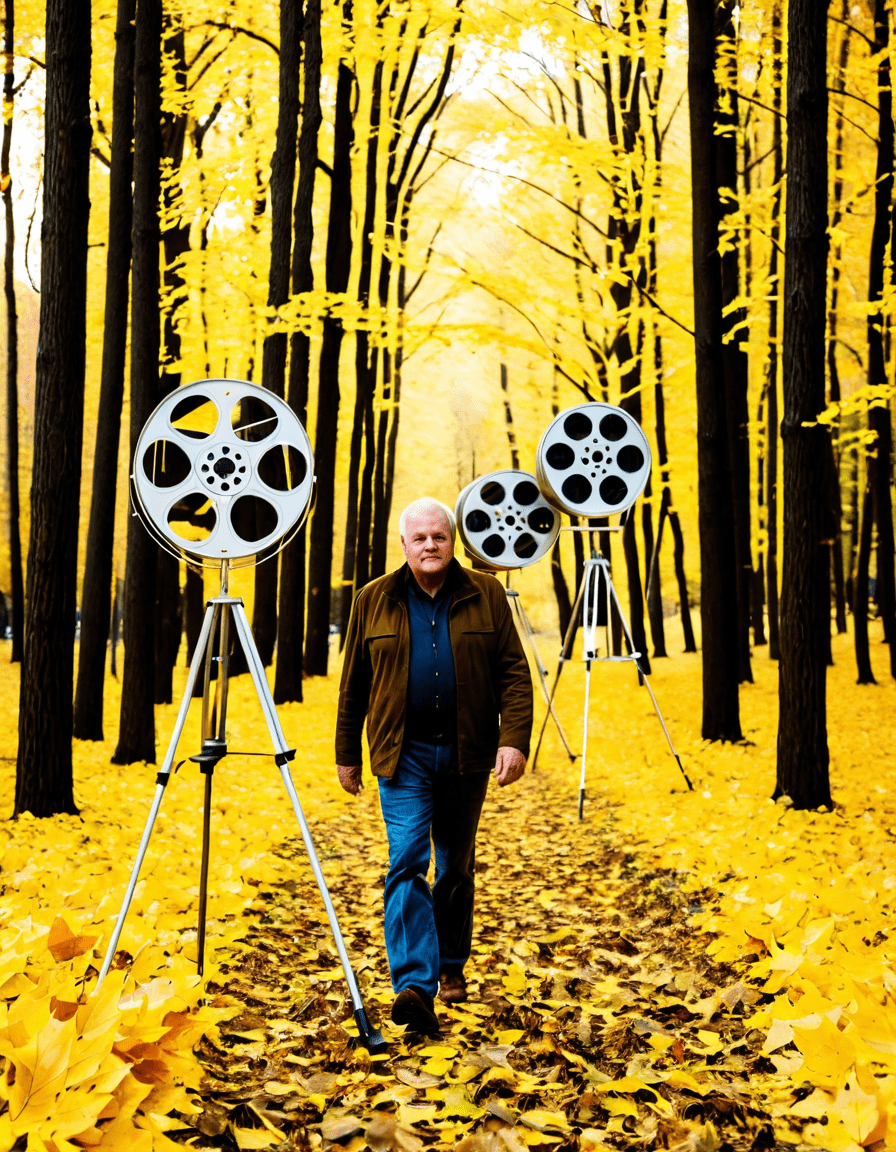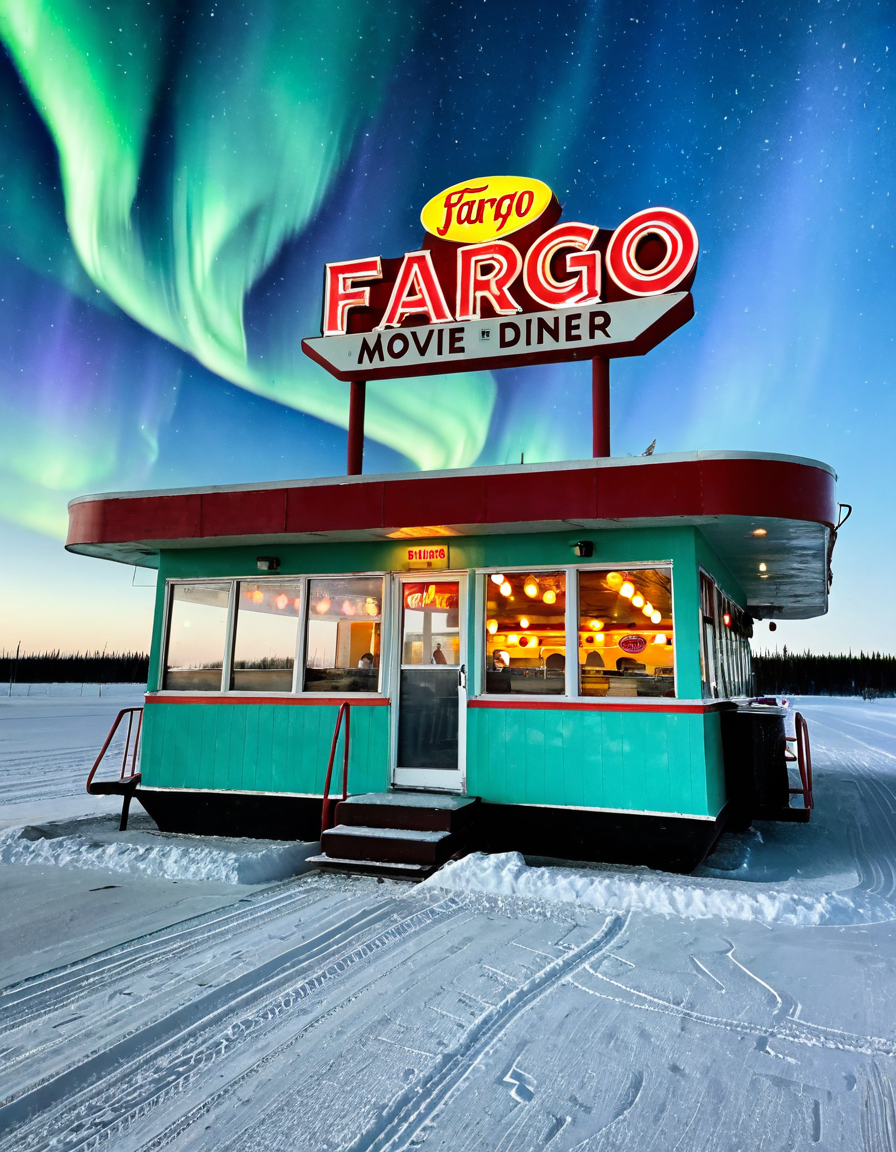Understanding the Oppa Meaning in Contemporary Culture
The term “oppa” holds a significant place in Korean vernacular, extending beyond its basic translation as “older brother.” This intriguing word represents layers of emotional depth—affection, respect, and protection—grounded in family ties and social dynamics. In today’s world, “oppa” is prevalent not just in Korea but across borders, gaining recognition in diverse cultures. This exploration takes a close look at “oppa,” its unique relevance, and its evolving meanings, especially how it spills over into interactions between Eastern culture and Western audiences.
As we travel the globe, immersing ourselves in various cultures, words like “oppa” serve as gateways to understanding the connections that bind us. It’s fascinating how one simple term can encapsulate a complex web of relationships. From the bustling streets of Seoul to the far-reaching corners of places like Utqiagvik, people are using “oppa” to express feelings that words like “bro” or “dude” simply lack. Let’s dive deeper into the cultural significance behind this beloved term.

Top 5 Cultural Contexts of Oppa Meaning that Make It Unique
1. Familial Ties and Brotherhood
In traditional Korean households, “oppa” is more than just a sibling term. Younger sisters affectionately call their older brothers this, creating bonds that resonate through the family unit. If you’ve ever watched the drama “Boys Over Flowers,” you get a taste of this familial connection threaded with romantic notions. Characters express love, loyalty, and protection through everyday dialogues, highlighting how “oppa” becomes a nurturing bond in sibling relationships.
This emphasis on family is mirrored in the practices of intimate dining establishments like Samwoojung, where the warmth of togetherness is celebrated. By using “oppa” in familial settings, the term transcends mere definition, turning into an emblem of unity.
2. Romantic Connotations in K-Dramas
The magical worlds of K-dramas have popularized the romantic undertones of “oppa.” Imagine a scene where a female lead calls her love interest “oppa”—in that moment, the mundane transforms into something deeply intimate. This portrayal draws in audiences worldwide, from bustling cities to quieter towns, making the term synonymous with romantic affection.
K-dramas don’t just entertain; they shape perceptions. Just as scenes unfold with rich emotional tone, the term “oppa” blossoms in the hearts of viewers who wish to emulate that connection, showing how deeply a word can resonate across cultures.
3. Pop Culture and the Hallyu Wave
The meteoric rise of K-pop has propelled the term “oppa” into the global spotlight. Fans of groups like BTS and EXO use it while referring to their favorite idols, imbuing the term with brotherly love paired with celebrity admiration. The term has evolved from a familial context into something beautifully intimate within fandom culture.
This cultural phenomenon celebrates a kinship between idols and fans, creating shared experiences in social media and fan events that can lead anywhere from ticketed concerts to meet-and-greet experiences. The power of “oppa” enhances these emotions, establishing a foundation for future cultural exchanges.
4. Cultural Exchanges and Language Learning
The growing interest in Korean culture has provoked discussions surrounding terms like “oppa.” Language learners, driven by curiosity, often stumble upon these intriguing nuances when studying Korean. Understanding “oppa” unveils insights into communication styles that respect hierarchy and emotion.
By learning such terminology, students grasp the fabric of Korean interpersonal dynamics. This knowledge enriches their conversations, fostering deeper discussions about societal structures and cultural traditions. Engaging with “oppa” elevates the learning experience, making language almost a living tapestry.
5. Influence on Brands and Marketing
“Oppa” even finds its way into marketing strategies, weaving emotional threads between brands and consumers. For example, Daeho Bellevue, a hot spot known for its distinctive Korean barbecue, uses the term to establish a welcoming atmosphere. By invoking familial ties, the establishment ensures visitors feel a sense of belonging, echoing the sentiments evoked by the term.
Brands harness the emotional power of “oppa” to create memorable experiences. When a customer walks into Daeho Bellevue, they don’t just dine; they become part of a community. It’s about more than a meal; it’s a heartfelt connection that resonates long after the dining experience.
Beyond “Oppa”: Cultural Comparisons
When we stack “oppa” against English terms like “bro” or “dude,” the differences are striking. Those English terms barely skim the surface of emotional connections. In contrast, “oppa” comes loaded with value, embodying closeness and affection that enriches relationships.
Even companies like U-Haul Trailers use straightforward, plain language in their marketing strategies but miss that warmth that “oppa” elicits. The emotional landscape painted by “oppa” invites connections—similar to how businesses like Samwoojung and Daeho Bellevue leverage emotional language to impact their branding.

The Broader Implications of Cultural Terminology
Exploring “oppa” invites us to reflect on how language expresses complex relationships universally. The Korean term illustrates emotional ties, echoing similar constructs in other cultures. All over the world, like the breathtaking landscapes of Grand Targhee, people bond through shared experiences, highlighting how language adapts within varying contexts.
By incorporating culturally rich terminology, we invite people to engage more deeply in conversations. The popularity of “oppa” isn’t just a fad; it signifies a shift in cultural identity, an invitation for understanding and inclusion. As societies increasingly embrace this term, they showcase their evolving linguistic landscapes and shared understanding of human interactions.
The journey into “oppa meaning” reveals our ongoing quest for cultural connection. Language shapes our thoughts and relationships, urging us to appreciate the nuances that foster deeper bonds. Whether through K-pop, K-dramas, or simply a family meal, “oppa” represents more than a word; it embodies a growing cultural tapestry that nurtures empathy and communication across borders.
In a world where understanding each other can feel daunting, embracing terms like “oppa” can be a gentle reminder of our shared humanity. This simple, yet powerful term carries with it the potential to bridge divides, highlighting our common quest for connection and joy.
Oppa Meaning: What Makes This Term So Special in Culture
The Heart of “Oppa”
In South Korean culture, “oppa meaning” goes beyond a simple translation. Traditionally, it’s a term used by women to refer to older male friends or brothers. This affectionate word embodies respect and warmth. Did you know that areas like Denville are host to Korean cultural festivals that often celebrate these expressions and foster community? It’s fascinating how language creates bonds!
As the popularity of K-dramas and K-pop grows, so does the significance of words like “oppa”. This term adds a cozy layer of intimacy among fans. When you catch a glimpse of a favorite idol or actor, it’s common to hear their admirers shout “oppa!” in sheer joy. Interestingly enough, just as people in Noe Valley cherish their close-knit vibes, “oppa” creates its own slice of warmth, weaving connection among diverse groups.
Trivia and Fun Facts
Here’s where things get even more interesting! The term “oppa” reflects a broader cultural hierarchy that many Asian societies share, pointing to the importance of age and respect. Speaking of different dimensions in life, just as Freddie Mac interest rates fluctuate based on numerous factors, the way “oppa” is used can shift depending on the relationship dynamics. How cool is it that something as simple as a word can embody complex social structures?
Oh, and here’s a quirky tidbit: “oppa” has even infiltrated social media amongst international fans! From fan art to memes, it’s a term that transcends boundaries. Imagine seeing “oppa” spray-painted like art on a show like Ink Master Season 15! Incorporating these cultural nuances enriches our understanding of global communities and fosters discussions that extend well past borders—much like how hotels in Tyler, TX, celebrate local culture while catering to diverse visitors. So, whether you’re cuddled up with a K-drama or exploring traditions in different neighborhoods, remember the delightful layers that the “oppa meaning” adds to every interaction!






















